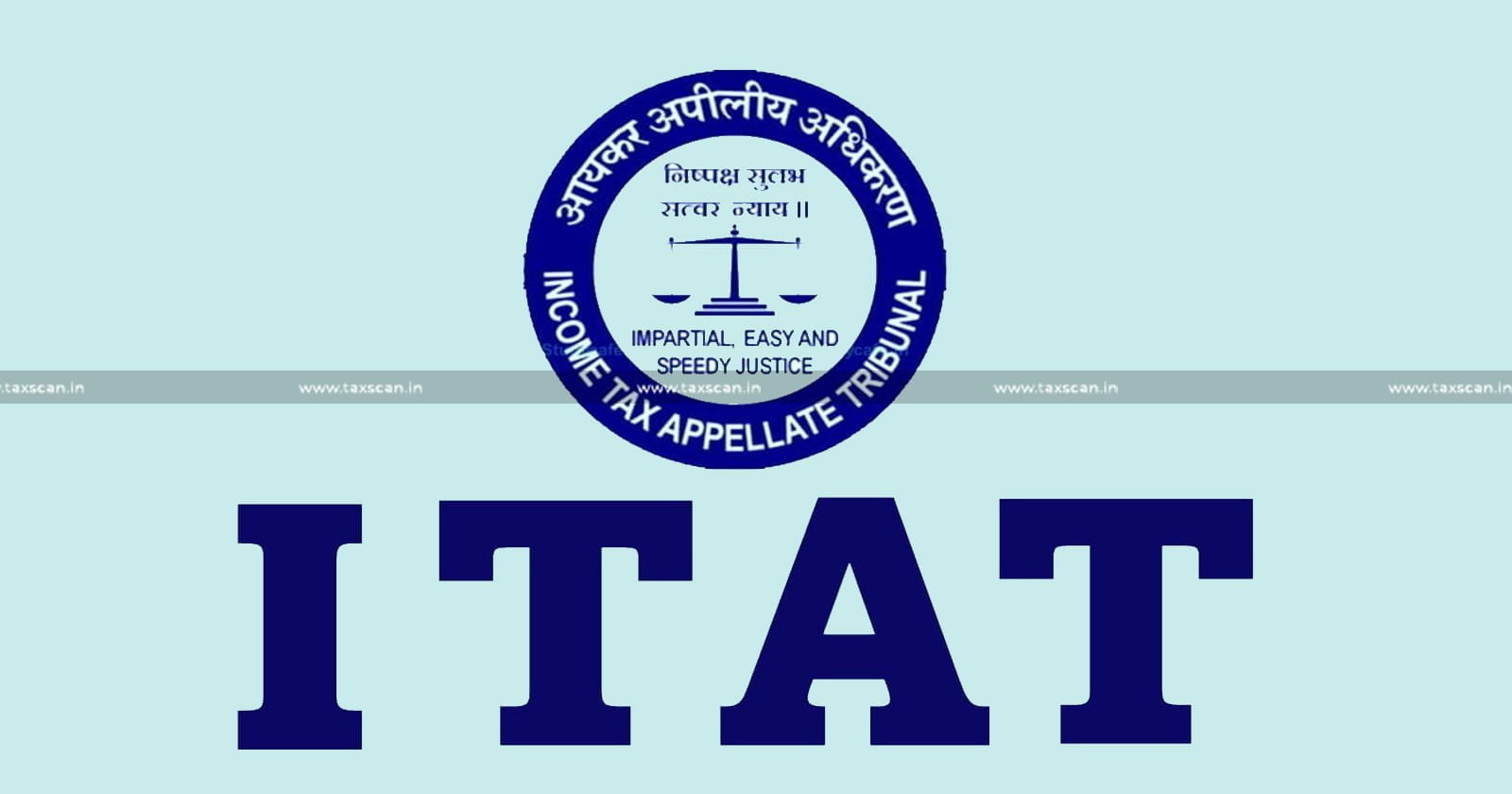Revisional Power cannot be Invoked When AO Adopted A Plausible View that resulted in Loss of Revenue But the Same is Not Unsustainable in Law: ITAT

The Surat Bench of Income Tax Appellate Tribunal (ITAT) has held that the revisional power could not be invoked when the assessing officer had adopted a plausible view resulting in loss of revenue but the same was not unsustainable in law.
The assessee Gujarat Narmada Valley Fertilisers & Chemicals Ltd had filed return of income on 29/11/2014 declaring total loss, before allowing deduction under Chapter VIA of the Act which was the claim of deduction under Section 80IA, but restricted to the extent of total income. The returned income was shown at NIL. The assessee’s case was selected for scrutiny, determined total income and calculated adjusted book profit under Section 115JB.
On examination of assessment records, it was found by the Principal Commissioner of Income Tax (PCIT) that the assessment order was both erroneous and prejudicial to the interest of revenue.
Yogesh Shah, appeared on behalf of the assessee submitted that, during the assessment stage, the Assessing Officer had examined the issue under consideration that assessee had its own sufficient funds, out of which the investments were made, therefore there should not be any disallowance under section 14A of the Act.
Ashok B. Koli on behalf of the revenue submitted that the AO had failed to apply the provision of section 14A of the Act. Before the Assessing Officer, the assessee had not submitted details and documents in support of exempted income. He further submitted that the assessee had not filed any break up of expenses under section 14A before the Assessing Officer.
The Division Bench of Pawan Singh, Judicial Member and A. L. Saini, (Accountant Member) held that,
“When the Assessing Officer adopted one of the courses permissible in law and it has resulted in loss to the revenue, or where two views are possible and the Assessing Officer has taken one view with which the CIT does not agree, it cannot be treated as an erroneous order prejudicial to the interest of the revenue “unless the view taken by the Assessing Officer is unsustainable in law”.
‘’We note that the assessee company has not earned any exempt income during the assessment year under consideration, since the assessee has not earned any exempt income, therefore, no disallowance is attracted under section 14A,’’ the Bench further observed.
To Read the full text of the Order CLICK HERE
Support our journalism by subscribing to Taxscan premium. Follow us on Telegram for quick updates
Gujarat Narmada Valley Fertilizers & Chemicals Ltd., Vs The PCIT-3, Surat. , 2023 TAXSCAN (ITAT) 621 , ITA No.178/SRT/2020 , 22/02/2023

